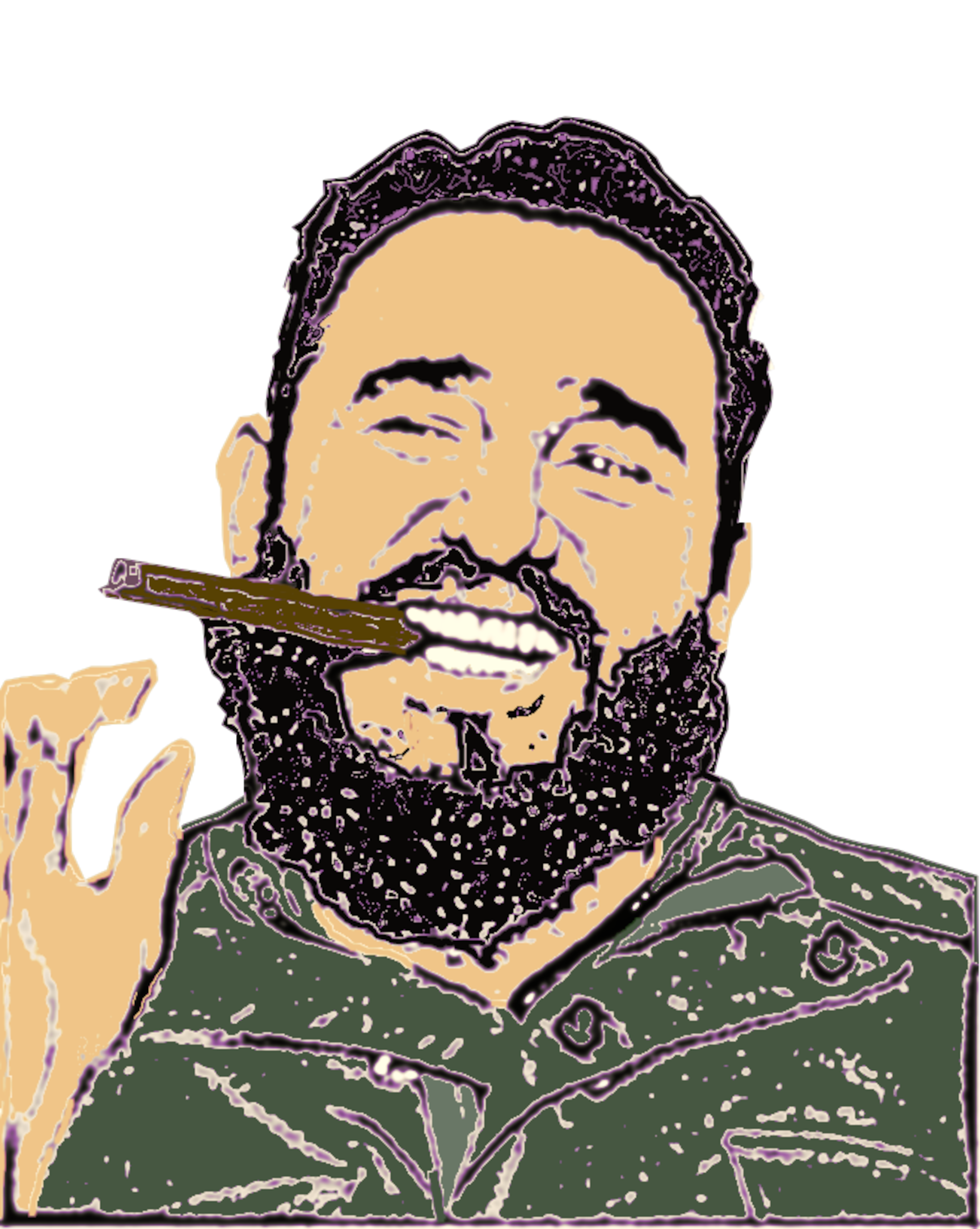With the exception of a certain user recently, of course. Lol
Seriously though, this railroad strike vote doesn't suprise me. I stopped caring about AOC good/bad a long time ago, and i feel thats the general consensus here. They've proven time and again that they are Social Imperialists that are expressly not trying to form a voting block to move the party left. They're libs with no ideology that whine about commitee appoints as why they have to vote like ghouls. They all do more harm than good to any kind of real movement if people conflate their shit with socialism.


Everyone here knows "The Squad" is a dead end, but on a related note I'm not sure a viable large scale socialist movement will emerge in the US without some kind of national level leadership. Mike Duncan was talking about this on a podcast interview a few months back, and I've been thinking about it ever since. I think he might be right, but I have a hard time imagining some figure or figures like this emerging. Maybe I'm being too much of a doomer here, idk. Someone please tell me how wrong I am so I can feel better about the future lol.
EDIT: I think what I'm really saying here is that we need PUNISHED BERNIE to lead the revolution :punished-bernie:
:fred-hampton:
deleted by creator
Yep, and that's part of what worries me. Anyone actually left who comes anywhere near that level would probably be killed or derailed long beforehand. I wish I could see some around that, but who knows what the future brings.
deleted by creator
I think his point is at least worth considering. This is from the interview, and it's a response to a question about why mass protests haven't been resulting in any real change:
I read this as him basically saying you need a vanguard party to successfully carry out a revolution, and this party must have real power and influence. In the modern day US, most avenues that might propel leaders to that position have been almost completely blocked off to the left, but having key people in those positions seems like it would be critical. As timid and milquetoast as Bernie was, he was still a figure that large numbers of people were able to rally around. It feels like we really need that, but actually left. That seems tricky to pull off.
Hmm what's the argument against building locally and then consolidating?
Building locally is great of course, but how exactly does this consolidation work? That seems like the really hard part, not that building locally is easy by any means. Back to the topic of "The Squad", it would help to have national figures like that actually leading things, but anyone who is capable and willing to do that would have been pushed out or assassinated long before. I'm not saying it's impossible or anything, but it's just something I've been thinking about. :thinkin-lenin:
It's basically just the opposite of splitting: you make separate commie orgs and despite the inevitable infighting (between commie orgs) you push really hard and merge them. This was more or less the USSR's advice to every group of communist parties in a given country. It recently happened in Nepal.
Imagine if PSL and the commie caucuses of the DSA and I dunno Socialist Alternative or something all grew and competed with each other, doing better in different parts of the country and thereby discovering better ways to organize under the slightly different conditions. Then folks in each party build campaigns to merge because we don't disagree enough to stay separated (pretend that Socialist Alternative got more ML and less Trot for the sake of argument). Then they merge and bam, suddenly there's one big party like 2X as big as the largest previous one with all kinds of experience and successful organizing strategies.
I think we'd have to get very lucky to have a national leader that would whip up support and build a party rather than the other way around. Aside from them getting killed off, most likely a given random who got that attention would not be answerable to a group of socialists demanding a party line or basic standards, so they could easily drift off into nonsense and liberalism.